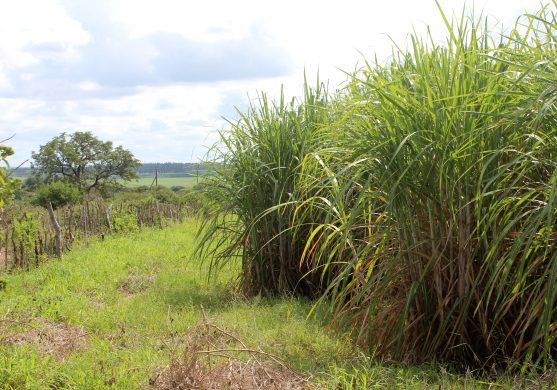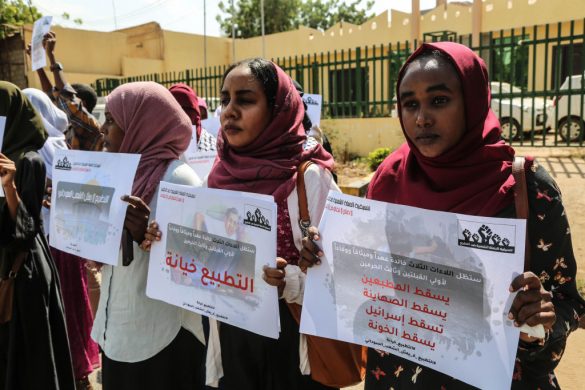MBABANE, 15 June, 2017 (WFP): The United Nations World Food Programme (WFP) has phased out its emergency operation in Swaziland, after helping up to 230,000 people through drought over the past year. The close of the operation – carried out in support of the Government’s national response – coincided with the end of the lean season last month.
WFP’s leading donors – including the European Union, USA, CERF, Japan and the African Development Bank – contributed US$9.4 million towards food and cash assistance.
“We would like to thank the donor community for its generous support, vital for those most in need,” says WFP Country Director Alberto Mendes.
Some 124,000 people received relief food. WFP also introduced cash assistance to Swaziland: this allowed some 142,000 people to choose what food to buy while injecting money into the local economy. In total, SZL56 million was transferred to mobile money accounts.
Swaziland has been among the countries hardest hit by two straight years of drought blamed on the El Niño weather event. While WFP’s emergency operation has ended, the agency will continue its assistance to Swaziland’s orphans and vulnerable children, and its “food by prescription” project for people living with HIV/AIDS.












